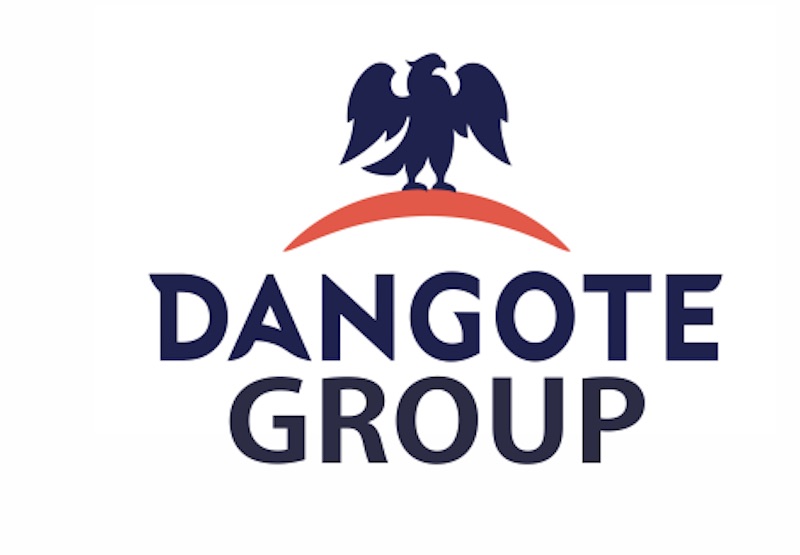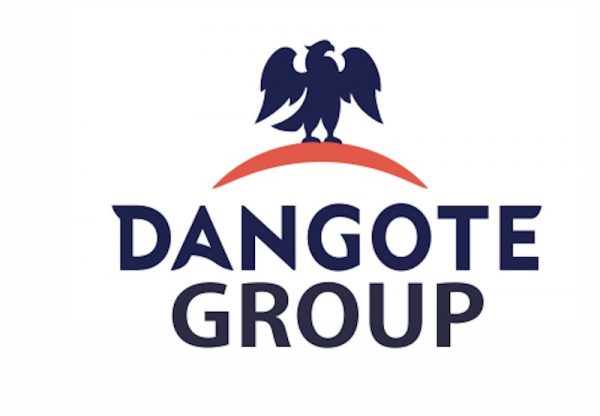How much are Nigeria’s bigger corporations worth?
The answer to this question depends on where you choose to draw the line. As you would expect, the number of companies on your rich list falls as the value-stakes are raised higher. Are we looking at firms raking in hundreds of millions of naira, or mammoth business empires making several billion dollars every single year?
A report released by McKinsey in 2016 says that at the time, there were about 56 companies in Nigeria earning revenues in excess of $500 million. The figures, compiled from the market survey agency’s database, seemed to depict a Nigerian commercial landscape powered by a league of huge and fast-growing corporations, and pulling the country’s economy into a more prosperous future.
Aptly named ‘Lions on the Move’, the McKinsey report details what its authors believed was the prevailing picture of Africa’s large businesses earlier this decade. It shows that at the time of its compilation, Nigeria accounted for about 10% of the continent’s 400 most valuable companies.
A total of about 394 organizations on the continent were said to have been making $1 billion or more annually; 700 were grossing at least $500 million within the same length of time. About 42 companies boasted revenues of $5-10 billion. Only 13 made over $10 billion per year.
Closer to home, Nigeria’s dominance of commerce in West Africa was borne out by the proportion of the sub-region’s multi-million dollar businesses situated within its borders. Over half of the area’s large organizations taking in at least $500 million per annum were Nigerian. The rest of West Africa- including Ghana, Ivory Coast, and Senegal -had a total of 40 businesses in this category.
Nigeria’s Wealthiest Corporations
It’s hard to miss some of the candidates for this group, even without the data to prove that they should be in it. While the McKinsey report doesn’t mention names, we can at least pinpoint some of them for certain.
A list compiled by the Nigerian Bulletin gives us nine strong candidates, based on market capitalization. The list comes from the same year in which the McKinsey report was released. Nine is a long way away from 56, but only a fraction of the country’s big companies were (or are) listed on the Nigerian Stock Exchange. Also, the list charts the top nine companies by market capitalization- which suggests that others outside of its criteria could have made it to the ‘Lions on the Move’ report.
The Nigerian Bulletin’s list has Dangote Cement at its top, with a capitalization value well over ₦2 trillion. Nigerian Breweries, Nestle Nigeria, GT Bank and Zenith Bank complete the top five. Lafarge, Ecobank, Forte Oil, and Seplat round off the list in descending order of market capitalization.
Data on gross revenues for a number of other companies in Nigeria allow us to place them in this group as well. For example, First Bank grossed ₦492 billion in 2015 (just over $2.5 billion at the time); Access bank pulled in ₦337 billion ($1.7 billion) worth of gross earnings in the same year. Two years before, Globacom had reported an annual profit of $1.178 billion.
It’s easy to tell where the big bucks are stacked in these parts. The oil, finance, and telecoms industries are the country’s biggest money spinners, and they are the turfs on which the wealthiest companies play (or do duel).
Just over half of the large companies on the African continent are owned by Africans. Two-fifths of them were publicly listed by 2015, according to McKinsey, and they were more likely to have begun with a local focus than a pan-African strategy at their beginnings.
The Chink In the Glittering Armor
It hasn’t been all rosy for a lot of African giant corporations. Since the release of Lions on the Move II, there have been economic downturns in some of the continent’s more resource rich countries. This in turn led to the devaluation of their currencies, and a resultant fall in the actual worth of the bigger companies.
This negative turn, captured in a subsequent note released by McKinsey, highlights economic difficulties in countries like Nigeria, which caused a slide in the value of some of the continent’s commercial giants.
There’s another problem: there aren’t enough of these big businesses around. Compared to the average in other developing regions of the world, Nigeria has a rather small pool of high net worth organizations. They tend to contribute a disproportionate chunk to tax collections; Nigeria sorely needs more of them to grow government revenues.
If there’s anything like proof of this point, it’s this: South Africa, usually considered Nigeria’s economic rival on the African continent, accounts for almost half the 400 companies taking in annual revenues of $1 billion or more.
A New Age of Super-Sized Companies
Perhaps a new age of super-sized companies arising from Nigeria may be closer than we think. The energetic growth of the technology ecosystem holds promise of greater things in the not too distant future. The high-performing fintech startups and larger ecommerce setups may well grow to become tomorrow’s mega-corporations. Time will tell.
At the moment, Nigeria’s commercial scene continues go bubble with life, albeit tempered by the restrictions that players in its space come up against on a daily basis. The space for expansion is vast, and businesses across the length and breadth of the country continue to push their own boundaries and venture into new frontiers.
Featured image source: THISDAYLIVE


